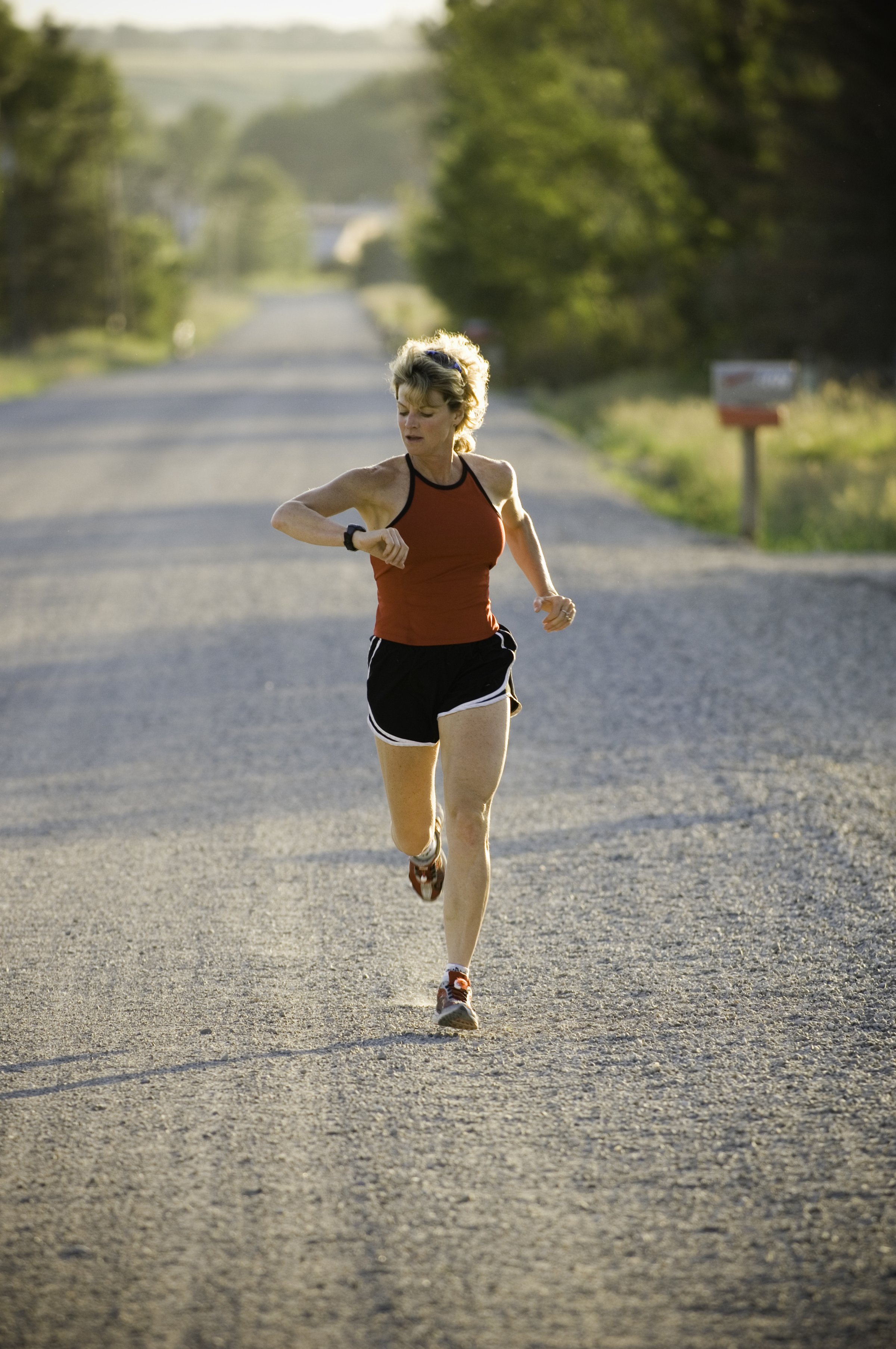
Think of exercise the same way you think of food, and break it up into snack-sized sessions rather than marathon ones. That’s the message of the latest study published in the journal Diabetologia, which showed that parsing physical activity into short bouts of intense exercise is better than working out once a day. If snacking throughout the day is one way to keep your weight in check (as long as you don’t go overboard and stick to healthy ones), why not exercise snack too?
The trial was small but provides some encouraging ways to make exercise more efficient. And who doesn’t want to learn how to stay trim by trimming the time spent at the gym?
MORE: Even Brief Exercise Can Improve Memory In Older Adults
All of the participants were just beginning to show signs of insulin resistance, one of the first steps toward diabetes, in which the body’s insulin starts to lose the battle in breaking down sugar from the diet. On three different days, each was asked to exercise in three different ways before eating breakfast, lunch and dinner, and their blood sugar was measured after each meal on the day they exercised and the following day. Spikes in blood sugar are normal after meals, but sustained peaks mean the body isn’t dispatching the sugar as quickly as it should; the result could be obesity and diabetes.
Exercise snacking before eating — or exercising for just one minute at an intense enough level to push their hearts to 90% of their maximum beating rates — dropped blood sugar among the men and women after breakfast and dinner by more than a single session of 30 minutes of moderate intensity exercise (in which the heart reached 60% of its maximum beating rate). Even more encouraging, their blood sugar remained lower for at least 24 hours.
MORE: Extreme Workouts: When Exercise Does More Harm than Good
The idea of breaking up exercise makes sense; recent studies showed, for example, that even people who meet the recommended daily 30 minutes of moderate physical activity still spend most of the remaining minutes of the day relatively inactive. And intense activity, especially before meals, may be key to kicking the body’s fat- and sugar-burning mechanisms into functioning at their best.
The research does leave some questions unanswered, including how cumulative the effect of the short sessions are, whether the same effect holds for people who aren’t yet insulin resistant, and why the exercise snacks didn’t work as well before lunch. But the possibility that packaging exercise into smaller, and better timed sessions is certainly appealing, and will be the subject or more studies to come. Here’s hoping that intense, one minute exercise sessions are the wave of the future.
More Must-Reads from TIME
- Cybersecurity Experts Are Sounding the Alarm on DOGE
- Meet the 2025 Women of the Year
- The Harsh Truth About Disability Inclusion
- Why Do More Young Adults Have Cancer?
- Colman Domingo Leads With Radical Love
- How to Get Better at Doing Things Alone
- Michelle Zauner Stares Down the Darkness
Contact us at letters@time.com